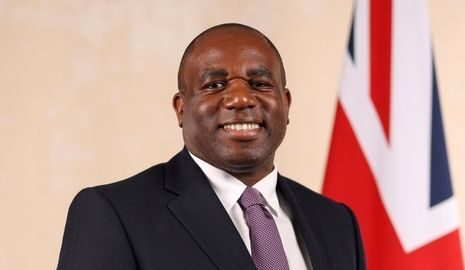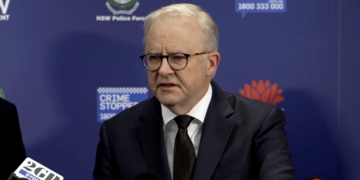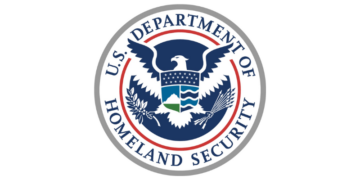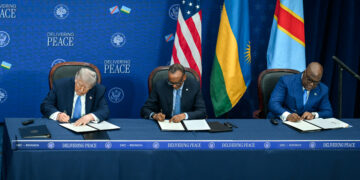On Tuesday, May 20th, International concern over the escalating conflict in Gaza intensified as political leaders from the United Kingdom, France, and Canada publicly criticized Israel’s ongoing military operations. In a strong response, the UK halted trade negotiations with Israel and summoned its ambassador to express concerns about the humanitarian situation.
British Foreign Secretary David Lammy called the Gaza offensive a “dark new phase,” pointing to severe humanitarian damage and disproportionate military action. Since May 5th, Israel has stepped up its campaign aiming to take full control of Gaza. Humanitarian aid remains extremely limited, with only a few aid trucks allowed in recently. Lammy told Parliament that the World Food Programme had run out of supplies in Gaza and that the current aid was insufficient. The UN says at least 500 aid trucks are needed daily to meet urgent needs.
In addition to the trade pause, the UK announced new sanctions targeting individuals and organizations linked to settler violence in the West Bank. Lammy affirmed the UK’s commitment to acting against those responsible for serious human rights violations. The British Foreign, Commonwealth & Development Office confirmed that Israel’s ambassador, Tzipi Hotovely, was summoned about both the Gaza military campaign and settlement expansion activities.
Echoing the UK’s position, French Foreign Minister Jean-Noël Barrot criticized the insufficient flow of aid into Gaza. French and Canadian officials jointly called for an immediate ceasefire and warned of potential coordinated sanctions should the situation not improve. The humanitarian conditions remain dire, with UN agencies warning of increasing food insecurity and the risk of famine. Data from the World Food Programme shows that one in five people in Gaza is facing acute food shortages.
Israel maintains that the blockade and military operations are necessary measures to pressure Hamas into releasing hostages. The Israeli foreign ministry described the UK’s sanctions and suspension of trade talks as unjustified and harmful to diplomatic relations. It also reiterated that external pressure would not alter its military approach.
On Tuesday, some aid trucks crossed the Kerem Shalom border crossing, although reports indicated that Israeli armored vehicles still outnumbered the humanitarian convoys. As military activities continue and access for aid remains limited, international calls for coordinated diplomatic action are increasing. The situation in Gaza remains tense, with no immediate resolution in sight despite widespread global criticism.










